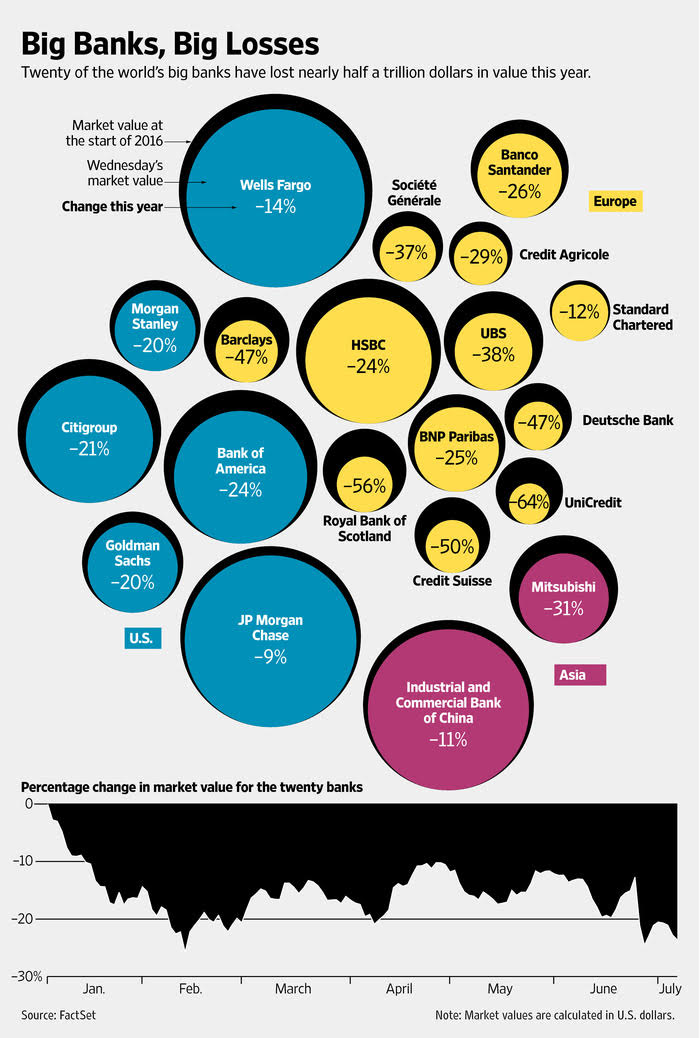 Trading System – According to Howard Abell: The trading system gives the trader the ability to control his or her emotional states rather than allowing them to control him. A system is a disciplined method for organizing dynamic, ever-changing market phenomena.
Trading System – According to Howard Abell: The trading system gives the trader the ability to control his or her emotional states rather than allowing them to control him. A system is a disciplined method for organizing dynamic, ever-changing market phenomena.
Risk Control – According to Paul Tudor Jones: If I have positions going against me, I get right out; if they are going for me, I keep them… Risk control is the most important thing in trading. If you have a losing position that is making you uncomfortable, the solution is very simple: Get out, because you can always get back in.
Psychological Makeup – According to Leo Melamed: You learn to distinguish the good traders from the bad, the successful techniques from the unsuccessful, and the good habits from the faulty. You also learn to distinguish the lover from the fighter, the winners from the losers, the serious from the frivolous, the cerebral from the superficial, and the friend from the foe. But above all, you learn that the psychological makeup of the trader is the single most critical element of success.
The Easy Middle – According to Randy McKay: The beginning of a price move is usually hard to trade because you are not sure whether you are right about the direction of the trend. The end is hard because people start taking profits and the market gets very choppy. The middle of the move is what I call the easy part.
Cut Back Trading Size When Losing – According to Bill Lipschutz: When you are in a losing streak, your ability to properly assimilate and analyze information starts to become distorted because of the impairment of the confidence factor, which is a by-product of a losing streak. You have to work very hard to restore that confidence, and cutting back trading helps achieve that goal.
Have A Predetermined Stop – According to Bruce Kovner: Whenever I enter a position, I have a predetermined stop. That is the only way I can sleep. I know where I am getting out before I get in. The position size on a trade is determined by the stop, and the stop is determined on a technical basis.
Accept the Risk – According to Mark Douglas: To whatever degree you haven’t accepted the risk, is the same degree to which you will avoid the risk. Trying to avoid something that is unavoidable will have disastrous effects on your ability to trade successfully.
Making Mistakes Is Part of Business – According to Bruce Kovner: Michael Marcus [another top trader] taught me one other thing that is absolutely critical: You have to be willing to make mistakes regularly; there is nothing wrong with it. Michael taught me about making your best judgement, being wrong, making your next best judgement, being wrong, making your third best judgement, and then doubling your money.

 Many still see making money all wrong. They make wildly inaccurate assumptions when asked these questions regarding what constitutes a winning trader:
Many still see making money all wrong. They make wildly inaccurate assumptions when asked these questions regarding what constitutes a winning trader:






